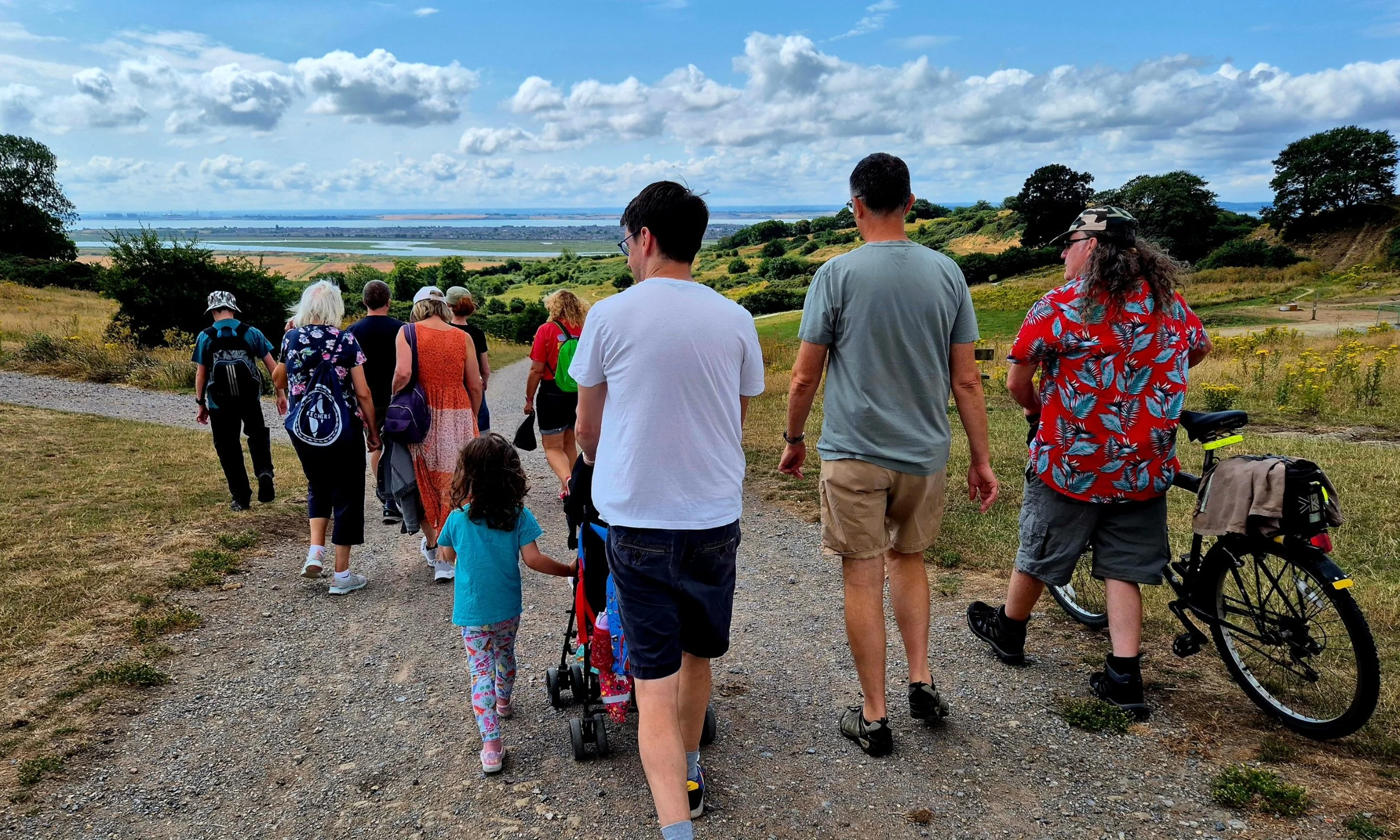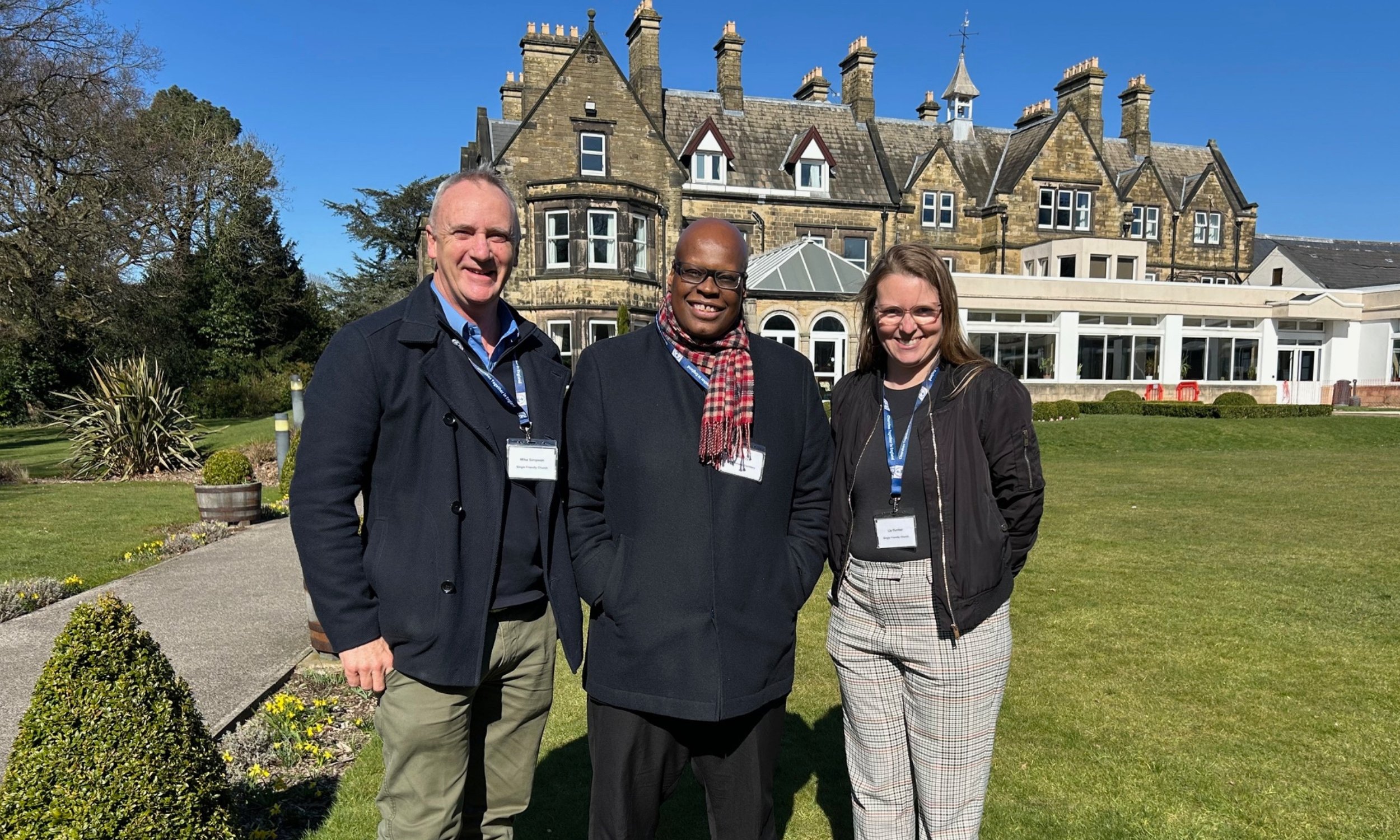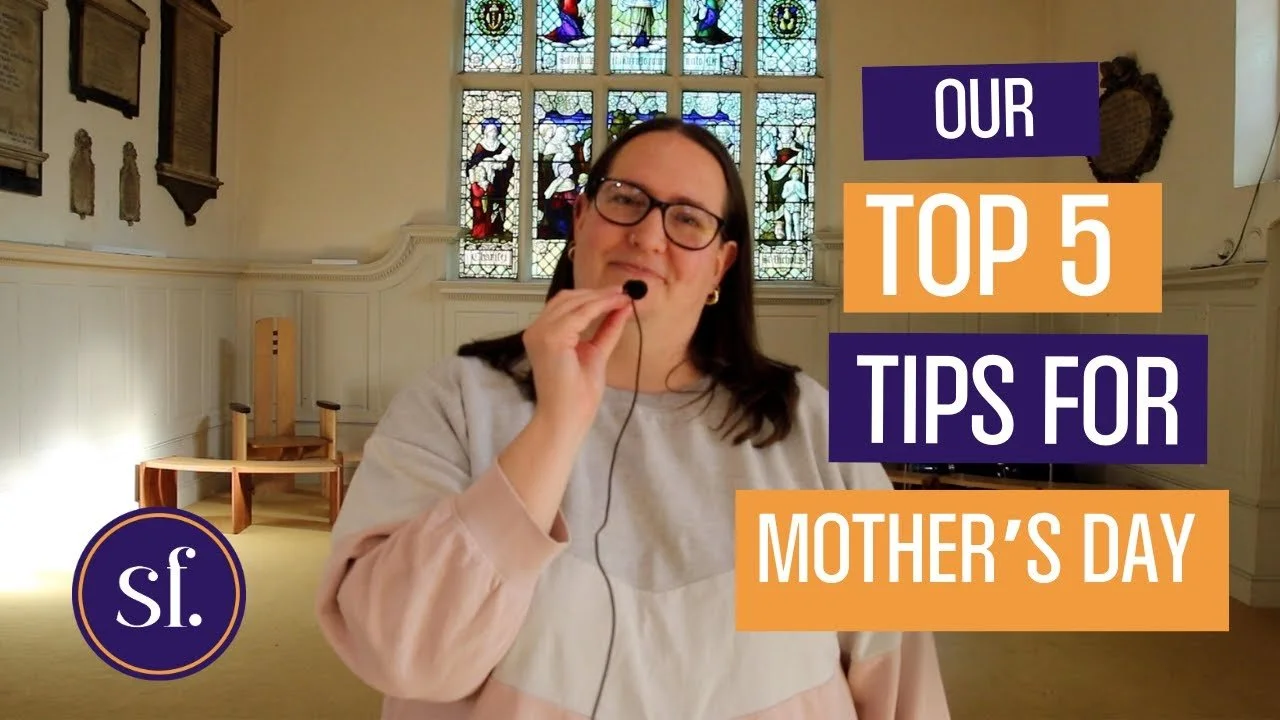Resources
We provide resources for churches, designed to help those in leadership as they seek to make their church more single friendly. We also provide resources for single Christians. Click here to access our Research Archive. You can also use the search function below to find articles.
Join us for an inspiring conversation on the Significance of Singleness with Rev'd Dr Dani Treweek, theological researcher and author of 'Single Ever After'. Tuesday 17th March at 8pm online.
If you're a single parent - or if you used to be - we'd love to hear about your experience of church. Please fill in our new survey to share your thoughts.
As we look back at 2025, we are so grateful for all the churches and people we’ve met who are making a difference in their communities - and changing the narrative around singleness in church. Here are 10 things we are giving thanks to God for this year…
If you’re looking for a Christmas service or event near you, why not attend one of our Single Friendly Churches! We’ve compiled a list from churches in our network who are committed to welcoming and valuing single people.
Single Friendly Church shared tips for welcoming single people this Christmas with Roots for Churches, in their magazine and podcast. Listen to their conversation here.
Every year The Ark Church in Huddersfield opens their doors on Christmas Day for a lunch open to anyone who want to share Christmas with others. We spoke to them about how they do it…
While many single people enjoy celebrating Christmas, they can also find it a difficult time of year. How can you plan Christmas services that are welcoming for everyone?
Walking Church is a Fresh Expression from the Salvation Army. Captain Claire Whybrow shares how they used our resources to make sure single people feel welcomed into the heart of their community
As a single person, holidays can sometimes be tricky. Who do you go with? Could you go somewhere on your own? We asked our followers their top tips for solo holidays, holidays with family or friends and group holidays. Here’s what they said!
Here are our top 5 tips on how to make summer a positive and community-focussed time for your church
Over summer many churches stop their usual timetable of activities, which can leave single people feeling disconnected. How can you ensure that everyone feels connected to church community over the summer?
A course for single Christians. We recommend Securely Single as a way to encourage and support the single people in your church
How can churches help single Christians to plan for end of life? Here are some suggestions and resources for churches, based on our End of Life survey.
Hannah shares about her positive experience of being single and why it's so important for churches to celebrate the gift of singleness
We’re raising money to recruit 6 Regional Champions - to reach more single Christians and increase the number of Single Friendly Churches. Could you help us?
We’re delighted to welcome Bishop Mike Royal, General Secretary of Churches Together in England, as a Patron of Single Friendly Church Network.
Here are our top 5 tips on how to make Mother's Day as inclusive as possible for everyone
Mother's Day (or Mothering Sunday) can be a difficult day for lots of people. But when churches handle it sensitively, Mother's Day services can become a comforting and uplifting experience…
While some single people barely register Valentine’s day, others may find it a difficult time. Here are some ideas to help shape it into a positive day for you…
We're delighted that The Bishop of Winchester, Philip Mounstephen, has offered his strong support to Single Friendly Church Network.
Christmas can be one of the hardest times of year for single people. There are lots of practical things your church can do to help…
What happens when single Christians pass away? We ran a survey to gather your thoughts and experiences on how churches can support people to plan practically and spiritually.
The number of single person households in Scotland has risen by 13%, according to the latest census results.
Want to become a Single Friendly Church? Our new-and-improved Guided Audit is the best place to start!
I’m married, how can I help my church become single friendly?
Over 3,000 single Christians shared their experiences of church in our 2012 survey, commissioned by Christian Connection. This is what they said…
40% of adults in Great Britain are single (unmarried and not cohabiting). This is higher than it used to be. Why are there so many more single people?
There are all sorts of events, groups and meet ups for single Christians across the UK, as well as organised Christian holidays.
A resource to help you connect with God, reflect and look forward to the New Year with hope…































